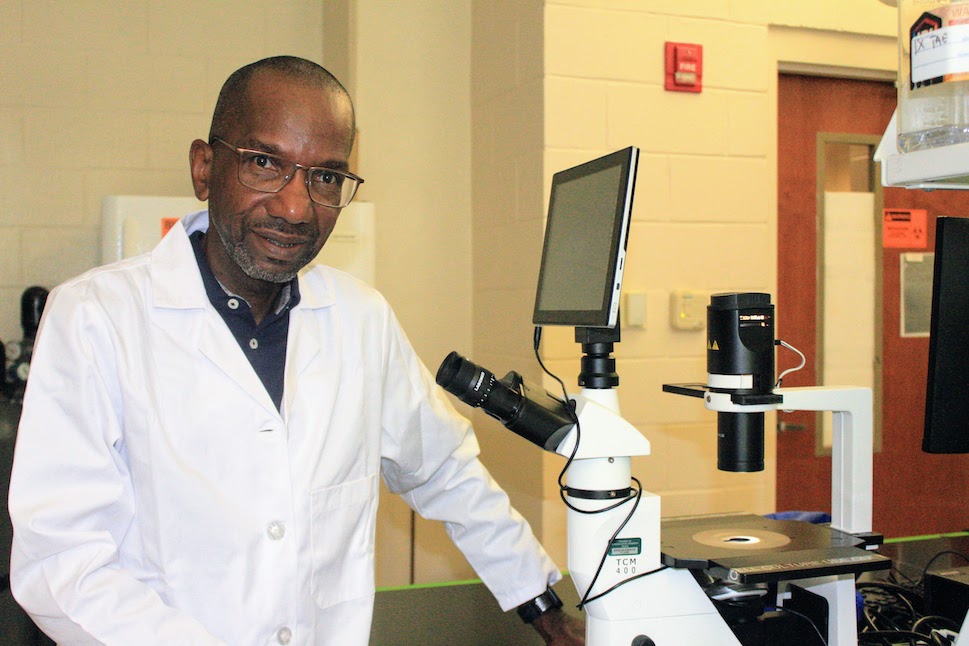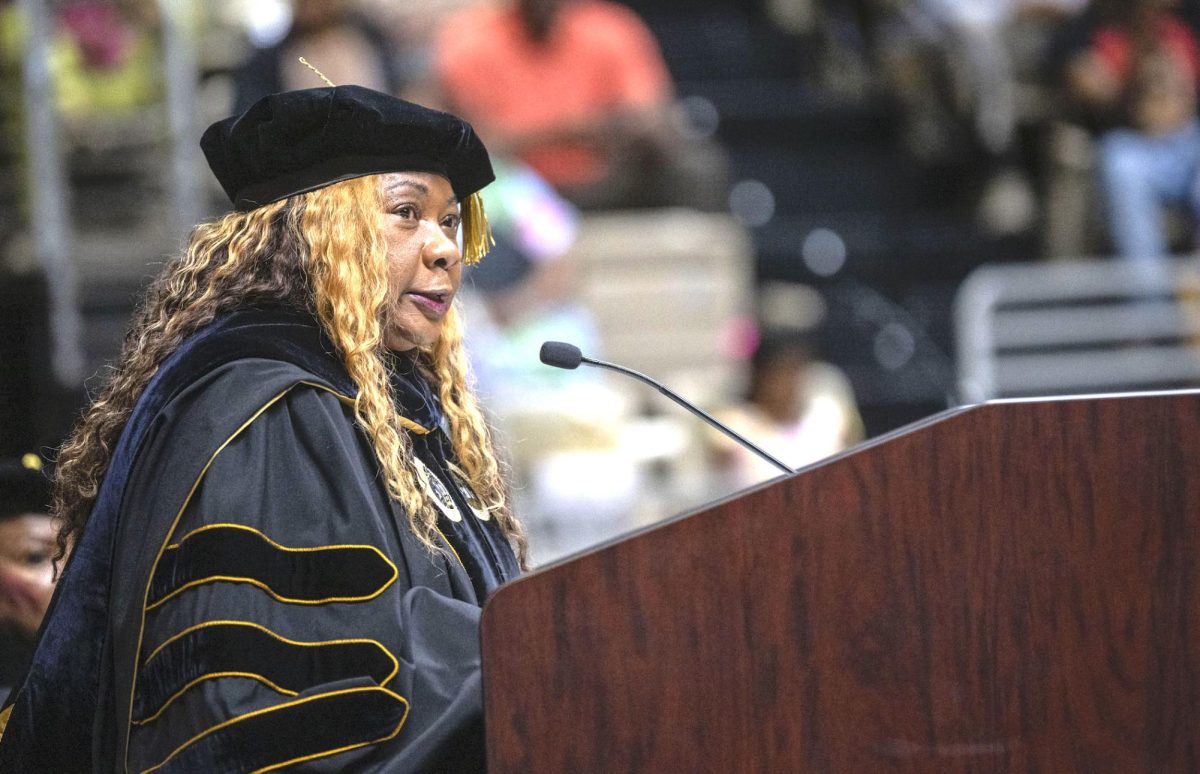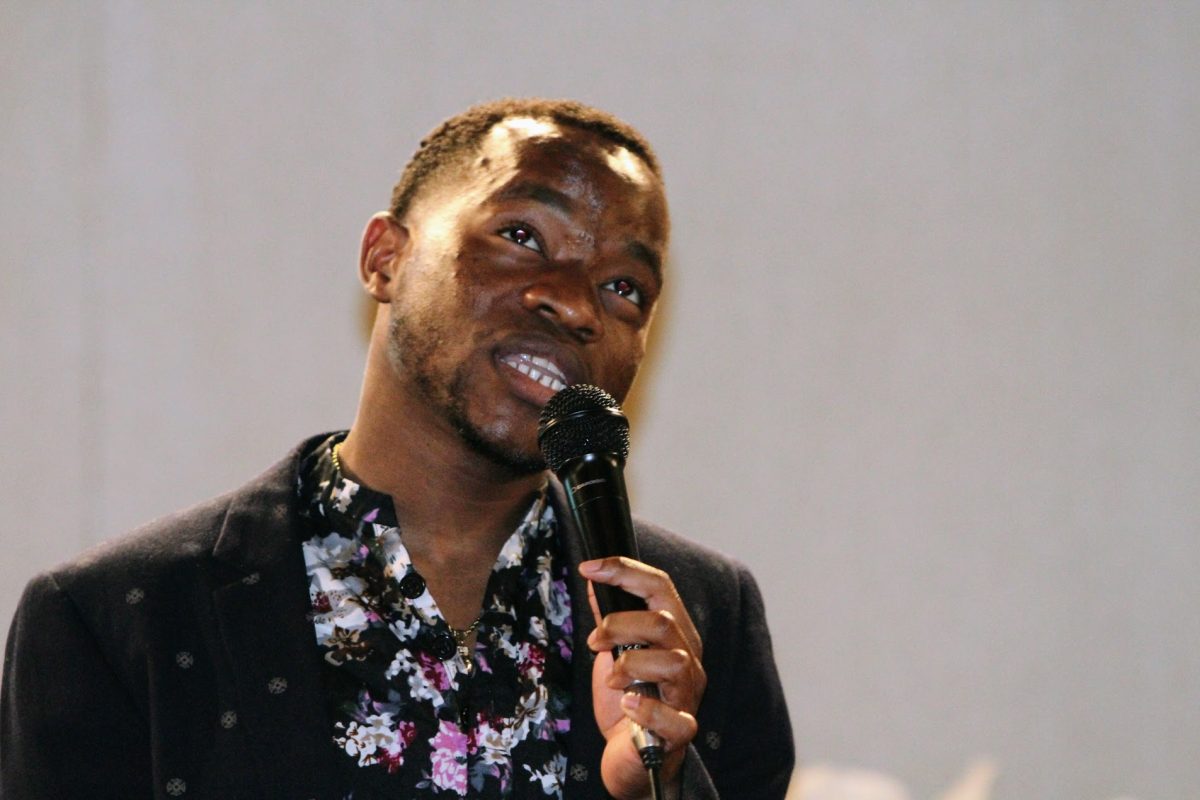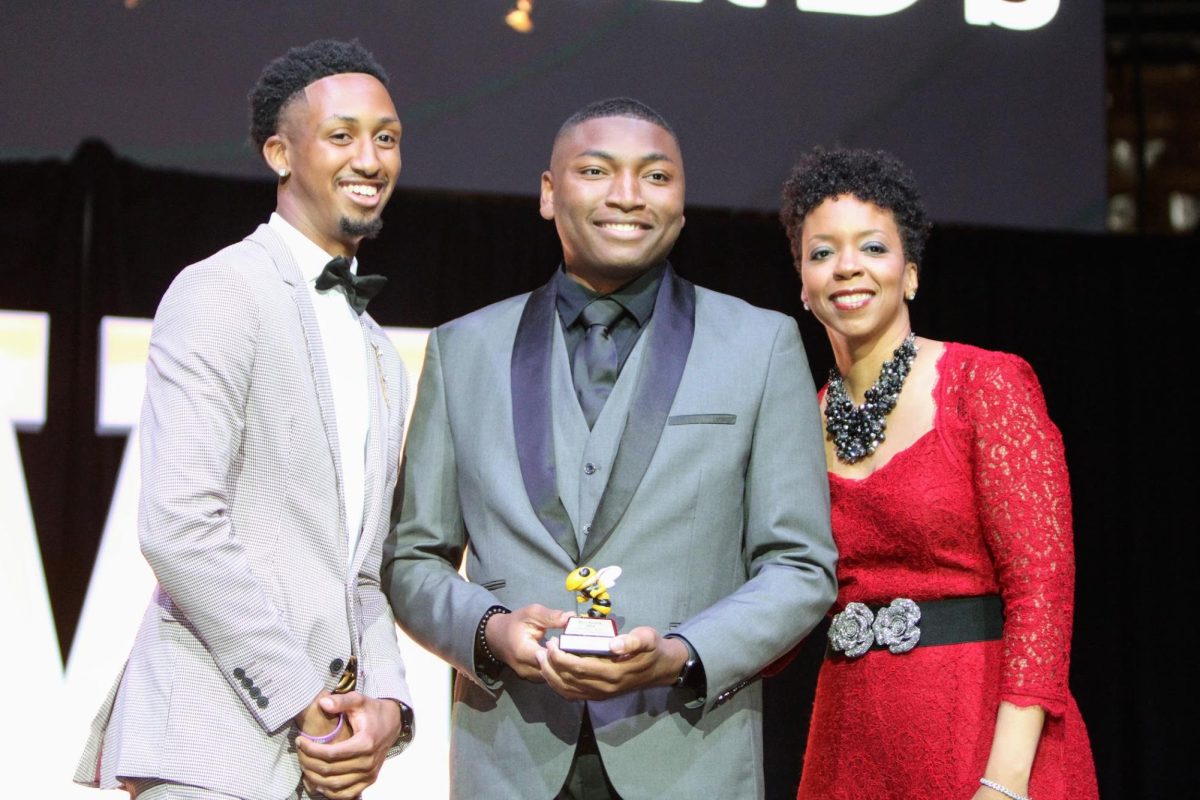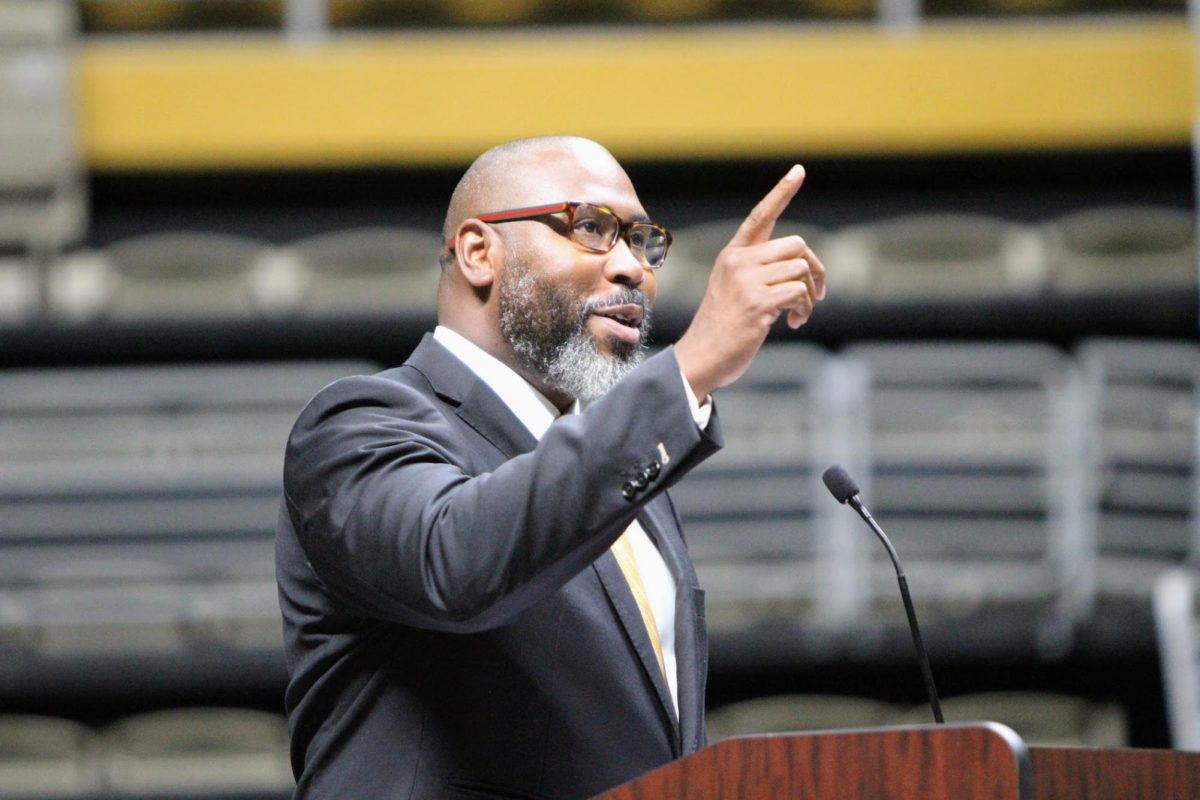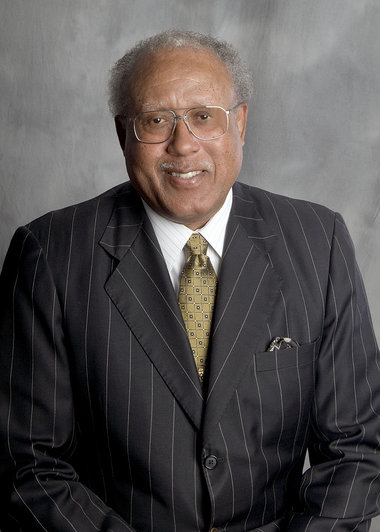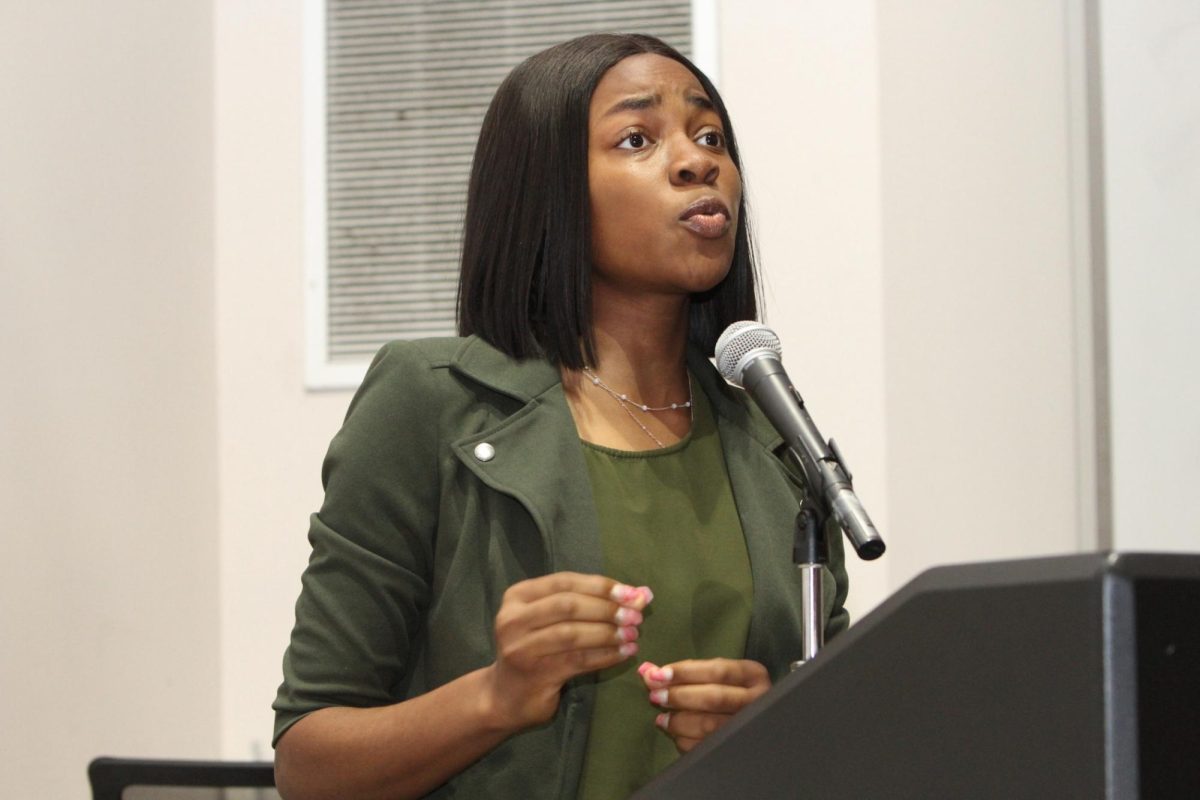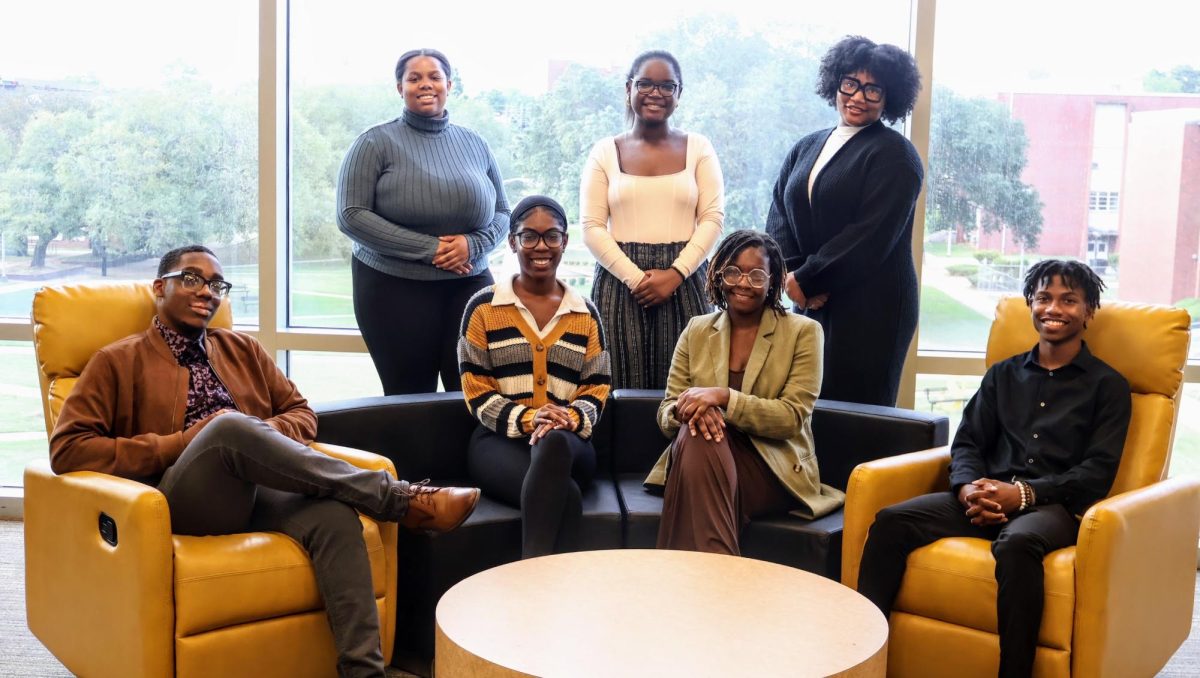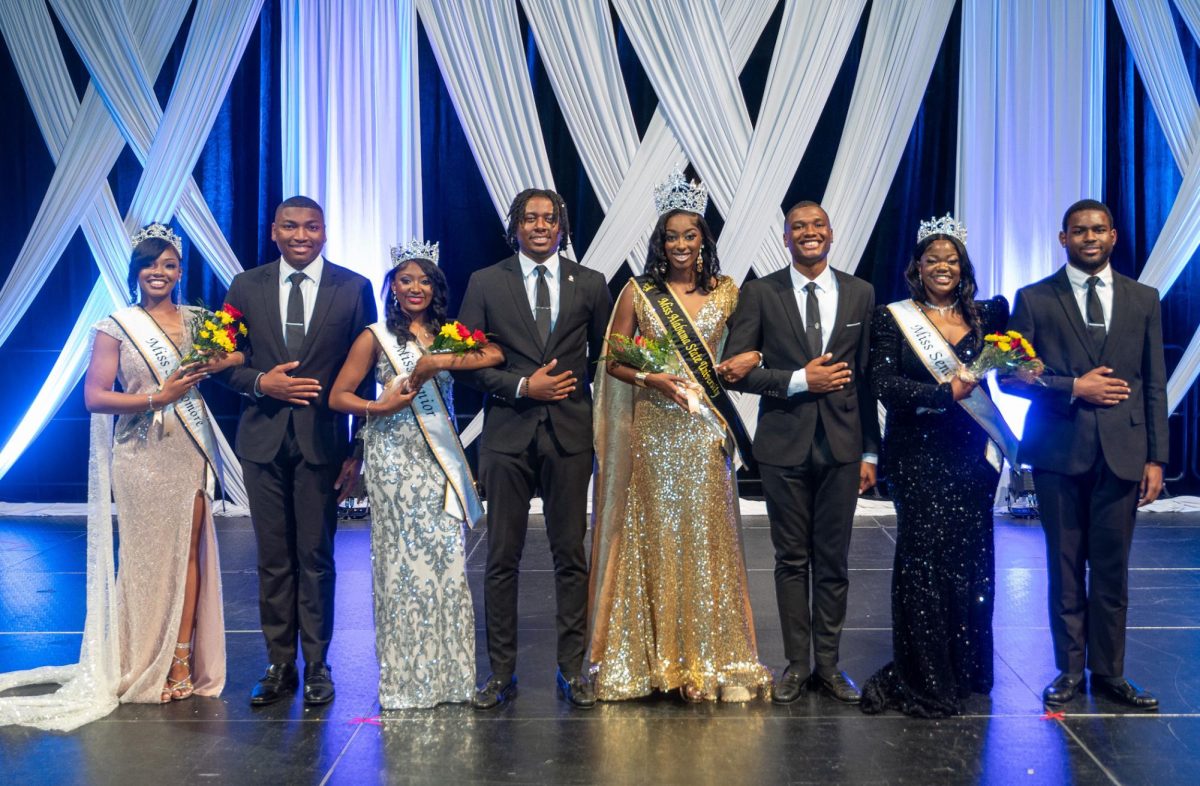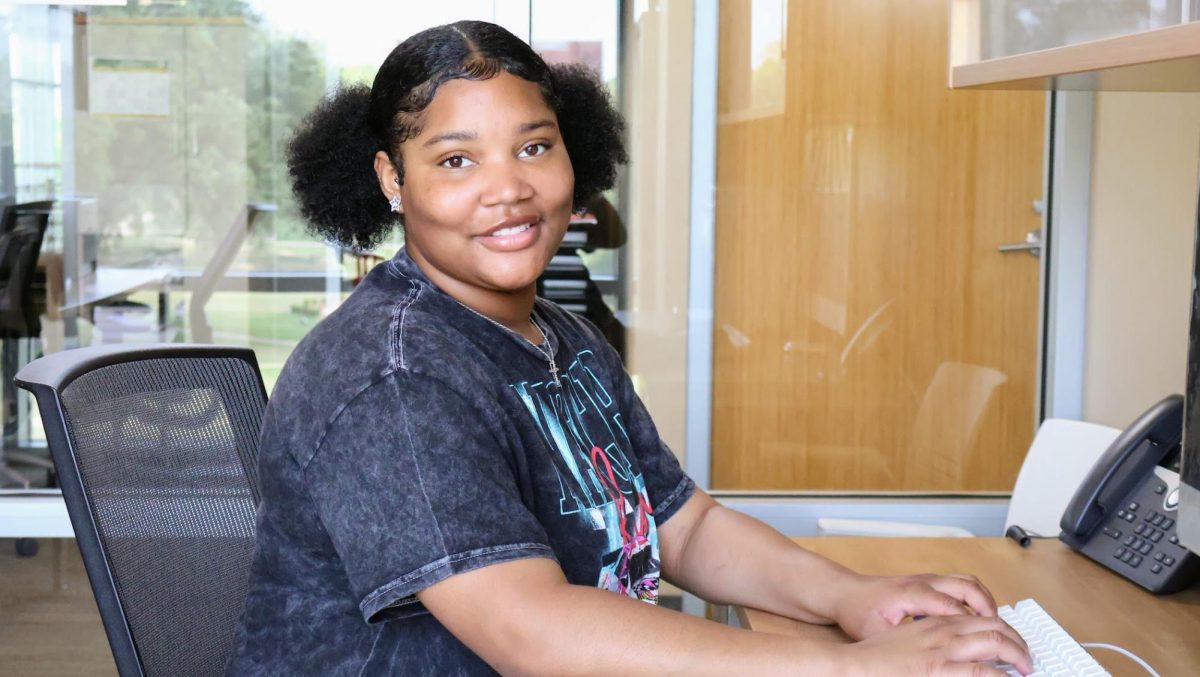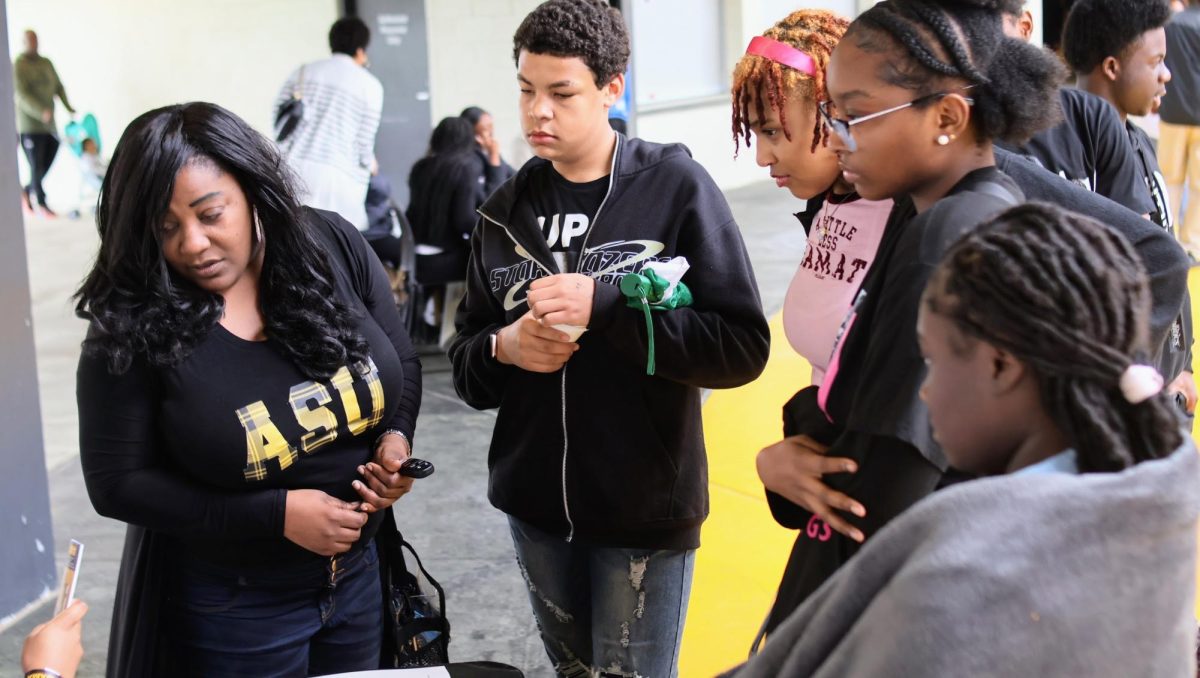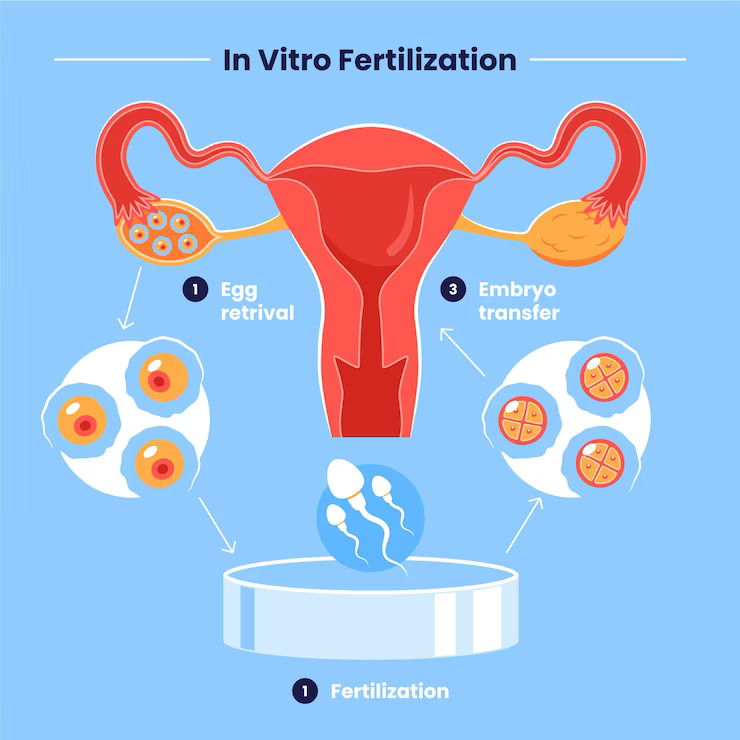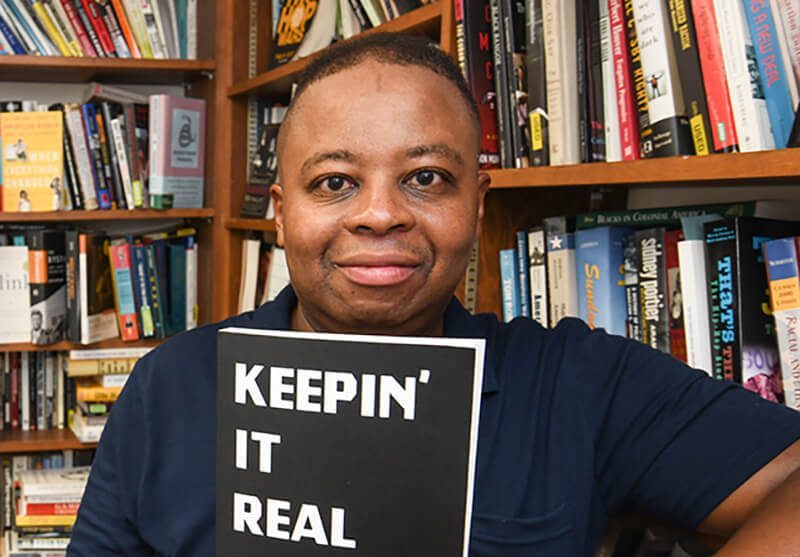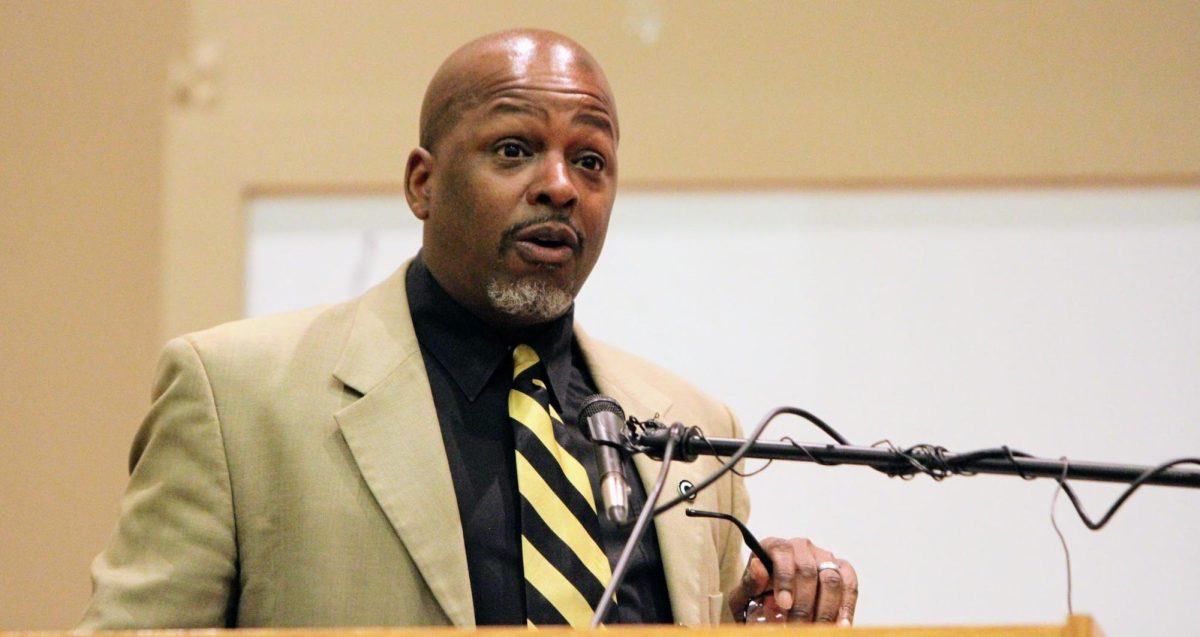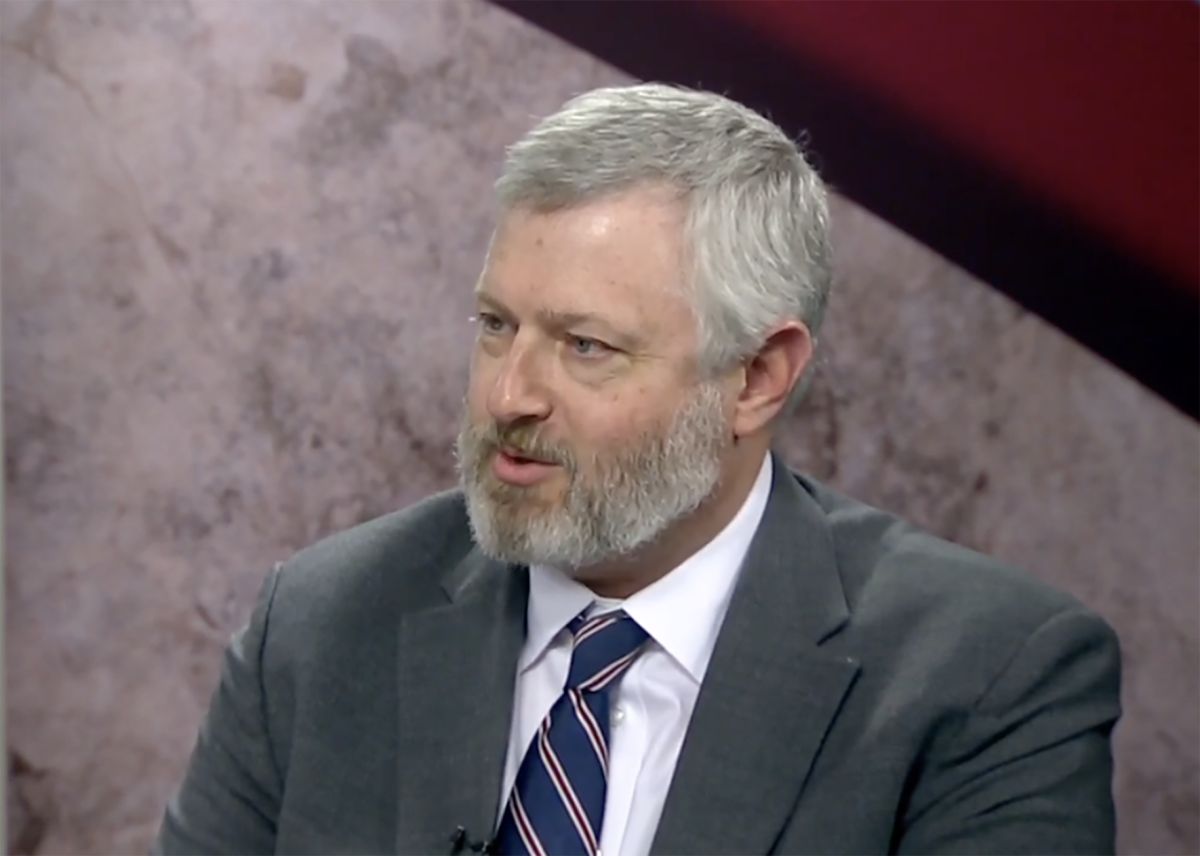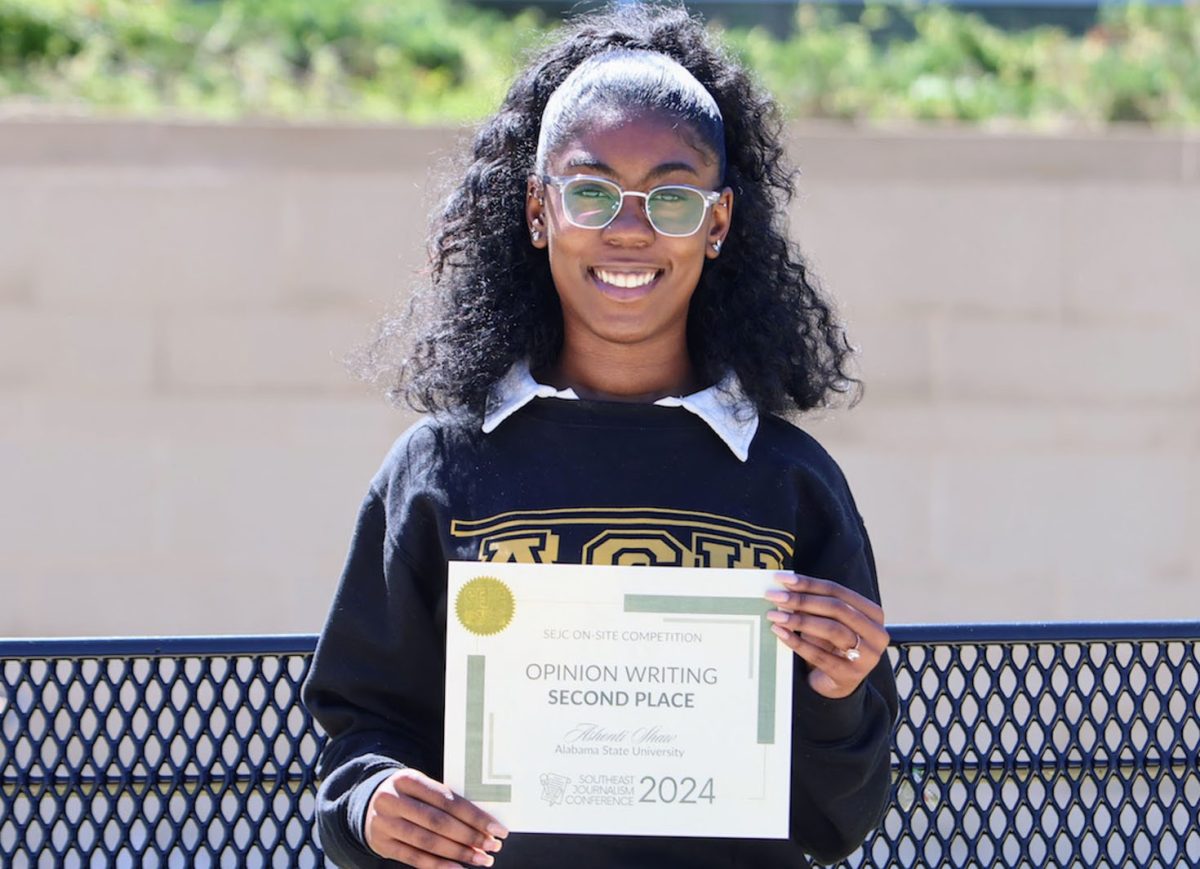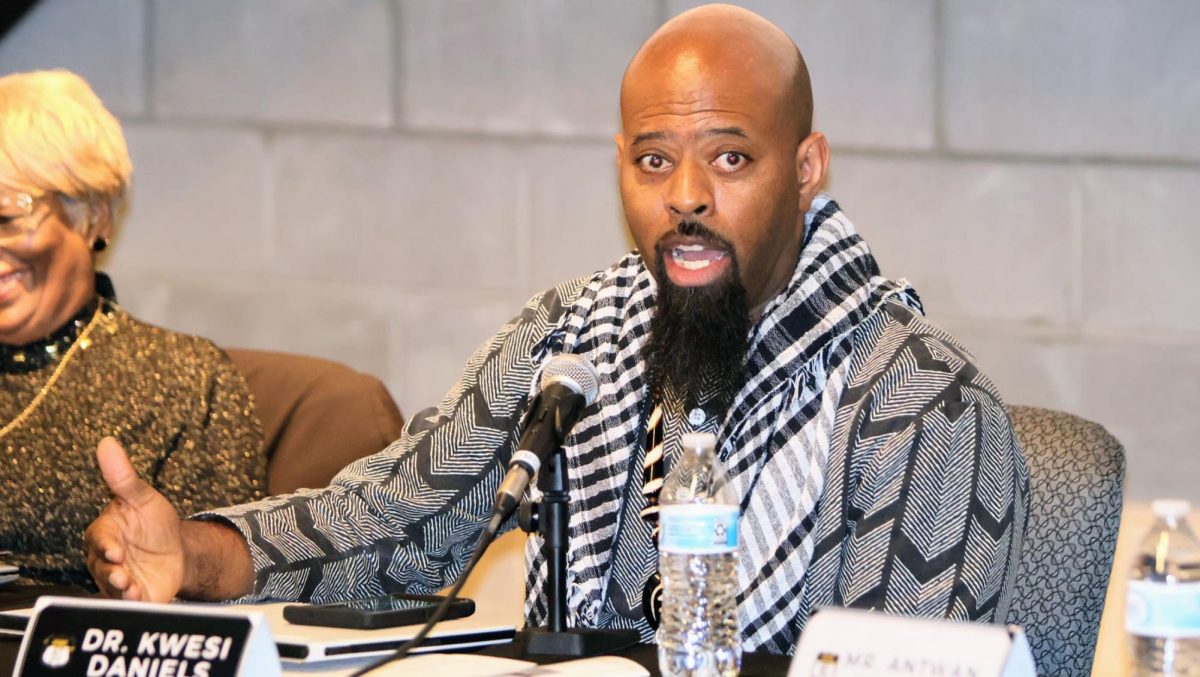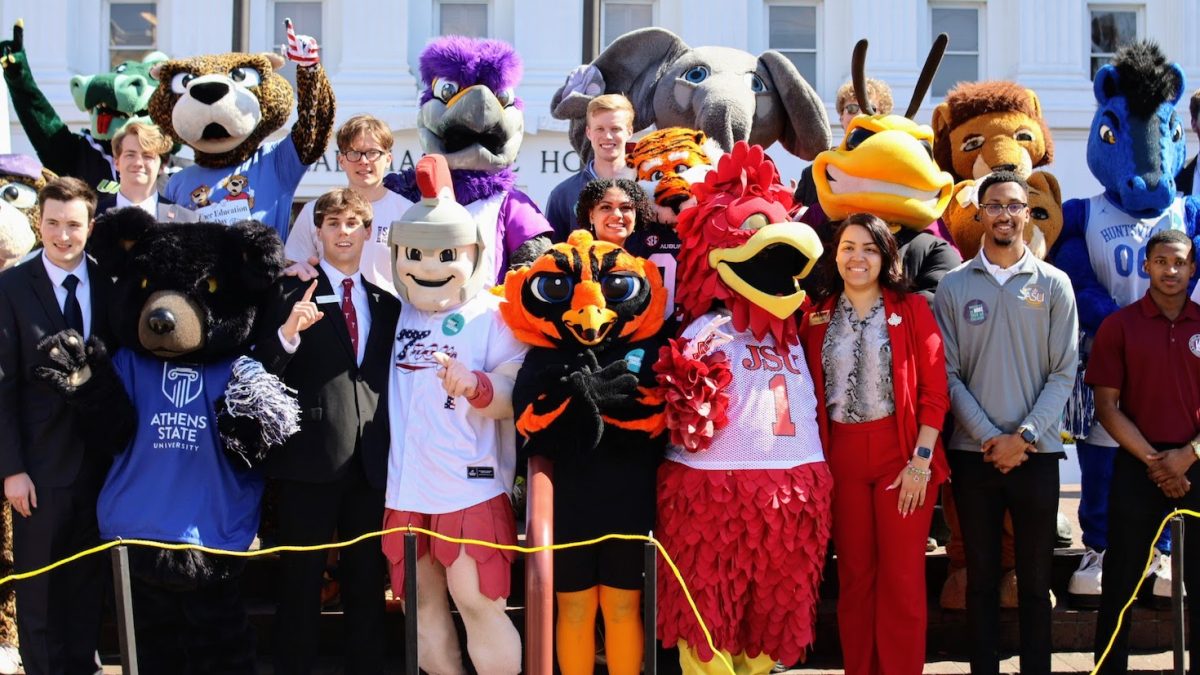Alabama State University’s Biomedical Engineering Department received a $1.2 million grant from The National Science Foundation (NSF). The money will be used to support research on kidney tissue regeneration.
The department of biomedical engineering is still relatively new to the university. It was formed in 2016, so the large donation came as a surprise to the program director of the department of biomedical engineering, Derrick Dean, Ph.D., Materials Science and Engineering.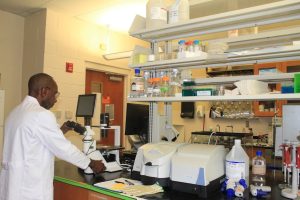
“I was really motivated to find some way to help everybody who suffers from kidney disease,” Dean said. “I’ve known at least two relatives who suffer from kidney disease and have passed away. There are over 37 million people who suffer from chronic kidney disease.”
The kidney’s primary function is to filter blood, and over time some of those structures break down as a result of different diseases. Dean’s department specializes in studying tissue regeneration.
“In this work, we are attempting to regenerate certain parts of the kidney that can help restore its function,” Dean said. “And hopefully provide some therapeutic options for people that suffer from kidney disease.”
The only options for treating people with kidney disease at the moment is dialysis or receiving a kidney transplant. While dialysis treatment extends a patient’s life, it reduces the quality of it. According to Dean, a transplant is the best option but there are not enough donors. His hope is that the research conducted by his department will contribute to the elimination of both treatments.
The regenerated tissue will be created using artificial intelligence, which Dean believes is a useful technological tool.
“Artificial intelligence is prevailing in everything now,” Dean said. “While there is a lot of anxiety around some of the potential bad things about artificial intelligence, it holds a lot of promise to help make it easier to do a lot of routine things and optimize a lot of things. We thought that it would be a good idea to incorporate that to make it easier to reach our end goal and make our research move along faster.”
The department has already selected a few students to partake in the research. Arnold Bhebhe, a senior in biomedical engineering and junior Javaugnn George who is a computer science major.
Dean wants to use this research to ultimately prepare his students for work after college. He wants to give them a chance to work with faculty with different backgrounds and train them with an interdisciplinary approach to solving problems so that they will be able to pull on their broad background knowledge in the future.
Despite the fact that Alabama State University is not the only one conducting this type of research, Dean takes a lot of pride in leading a program that comes from a historically Black college or university (HBCU).
“It is significant in a lot of ways,” Dean said. “When you think about it from a diversity point of view, not just diversity in terms of race, but diversity in terms of solving a problem. The more people that come to the table, the more ideas you have. Especially with members from an HBCU, a lot of our family members may suffer from these decisions in a larger proportion than other races. So we have more experience, more insight, more sensitivity, and possibly even more passion to the issue. So we’re bringing all of that to the table.”







